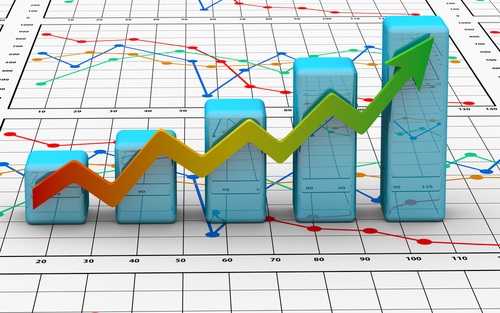Supply and demand is perhaps one of the most fundamental concepts of economics and it is the backbone of a market economy. generally resulting in market equilibrium where products demanded at a price are equaled by products supplied at that price.
Demand depends on the price of the commodity and refers to how much (quantity) of a product or service is desired by buyers. The quantity demanded is the amount of a product people are willing to buy at a certain price; the relationship between price and quantity demanded is known as the demand relationship.
Read: Concept of Demand in Managerial Economics
The different types of demand are;
i) Direct and Derived DemandsDirect demand refers to demand for goods meant for final consumption; it is the demand for consumers’ goods like food items, readymade garments and houses.… Read the rest

